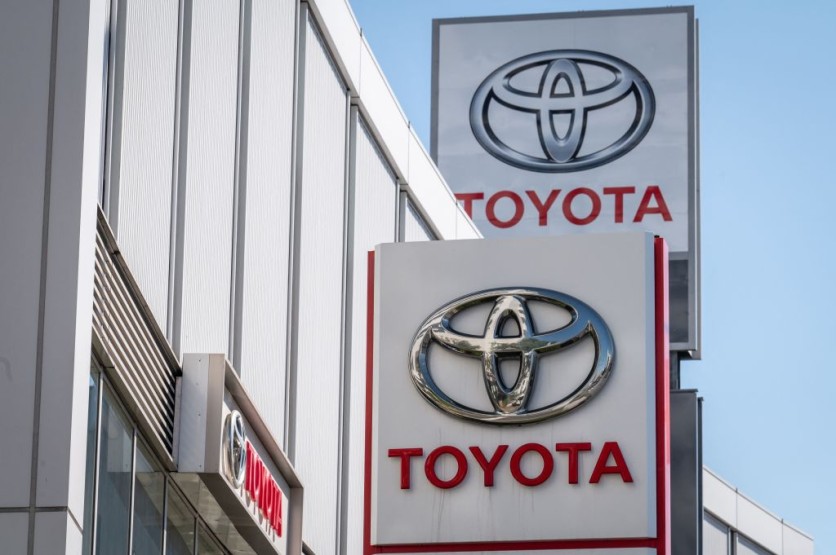The longstanding CEO and chairman of Toyota expresses skepticism about electric vehicles (EVs), estimating their market share to reach a maximum of 30%, dismissing notable success in regions like Norway and Sweden.

Daihatsu, a subsidiary of Japanese automaker Toyota Motor Corp., has ceased production in all four of its factories in Japan.
Disregarding Toyota's EV Success
Previous Chief Executive Officer and Chairman of Toyota Akio Toyoda holds the perspective that electric vehicles will likely achieve a maximum market share of 30%. These remarks stand in contrast to the current reality in certain auto markets, such as Norway and Sweden.
These countries where the EV market share has already surpassed this threshold. Toyoda, who is the grandson of Toyota's founder, has consistently expressed opposition to the industry's transition toward electric mobility.
In a lecture on the company's production system, Electrek reported that he emphasized his belief that EVs will cap at a 30% market share, regardless of the advancements in battery electric vehicles (BEVs).
He envisions the remaining 70% being comprised of hybrid electric vehicles (HEVs), fuel cell electric vehicles (FCEVs), and hydrogen-powered engines, stating that he thinks engine cars will remain.
Despite Toyoda's stance, several markets have already exceeded the 30% benchmark. Norway notably achieved an 82.4% EV market share in 2023.
Additionally, Sweden (32%), the Netherlands (24%), and China (24%) are all positioned above or on the verge of surpassing this threshold.
China serves as a noteworthy example of how rapidly EV market share can escalate. In 2020, EVs constituted less than 6% of total auto sales in the country. By the end of the past year, this figure had surged to over 24%.
The United States also experienced substantial growth, with EVs accounting for 7.6% of all auto sales in 2023, surpassing 1.2 million units. According to Cox Automotive, projections indicate that this figure is poised to cross the 10% mark this year.
Persisting Anti-EV Efforts
During Toyoda's tenure, the Japanese automotive giant has consistently advocated against the widespread adoption of electric vehicles, urging for lenient government regulations to decelerate the EV transition.
Consequently, Toyota is positioned among the most obstructive companies globally, alongside Chevron and ExxonMobil.
Despite Toyoda relinquishing the role of CEO in April, his influence persists as he remains a board member. The newly appointed CEO Koji Sato appears to acknowledge the automaker's struggle to keep pace with the swiftly evolving auto market. However, the anti-EV efforts persist.
Toyota remains committed to its hybrid-centric approach, emphasizing models like the Prius, and continues to promote hybrid, fuel cell, and traditional gasoline-powered vehicles. This strategy persists even as numerous governments globally are moving towards the adoption of all-electric vehicles.
Key figures within Toyota's leadership hierarchy have echoed this commitment, asserting that hybrids are a more suitable option for a majority of customers.
Toyota remains committed to advancing its hybrid technology, a path that once propelled the company to the summit of the global automotive industry.
Nevertheless, as the automotive landscape undergoes another wave of transformation, the Japanese automaker's reluctance to fully embrace electric vehicles could expose it to potential setbacks.
Notably, Toyota finds itself trailing in the development of a comprehensive supply chain for EVs. By adhering to a strategy rooted in past successes and overlooking the prevailing global shift towards EVs, Toyota faces the risk of further deterioration in its competitive standing within the rapidly evolving automotive market.

![Apple Watch Series 10 [GPS 42mm]](https://d.techtimes.com/en/full/453899/apple-watch-series-10-gps-42mm.jpg?w=184&h=103&f=9fb3c2ea2db928c663d1d2eadbcb3e52)



